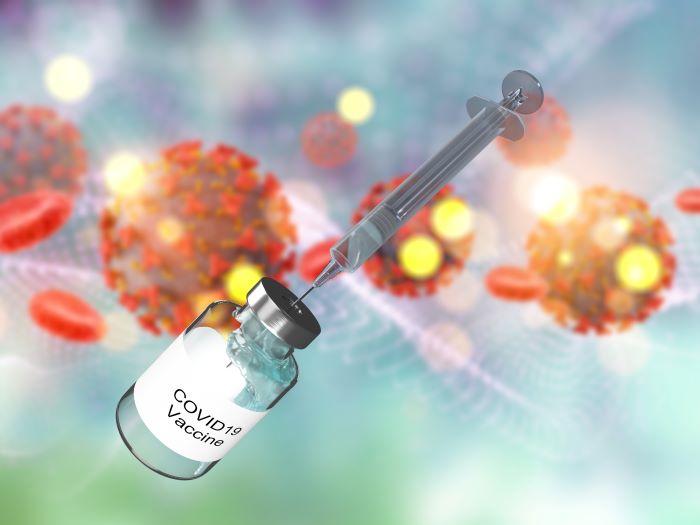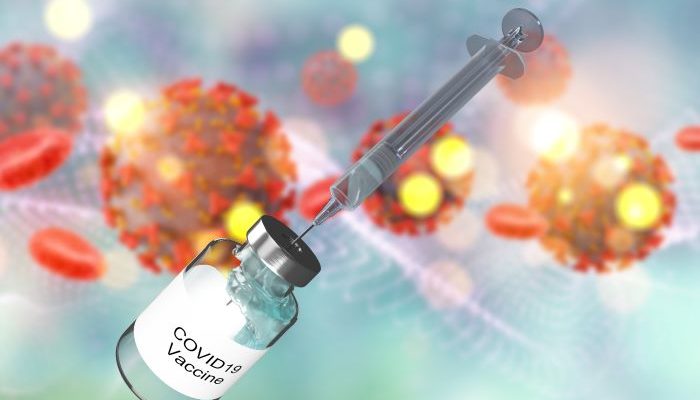
Cancer remains one of the world’s deadliest diseases, claiming millions of lives each year. For decades, researchers have pursued treatments ranging from chemotherapy and radiation to cutting-edge immunotherapies. Now, a new development from Moscow is drawing global attention: the Russia cancer vaccine. Positioned as a potential game-changer in oncology, this vaccine aims not just to treat but also to help prevent the recurrence of malignant tumors. Could it truly mark a breakthrough in the fight against cancer? Let’s explore what this innovation means for patients, science, and global healthcare.
The Global Burden of Cancer
Before diving into the specifics of Russia’s vaccine, it’s important to understand the magnitude of the problem it seeks to solve. According to the World Health Organization (WHO), cancer is the second leading cause of death globally, with nearly 10 million fatalities each year. Traditional treatments such as chemotherapy, surgery, and radiation have improved survival rates, but they often come with severe side effects and the persistent risk of relapse. The need for safer, more effective, and longer-lasting solutions has never been greater.
What Is the Russia Cancer Vaccine?
The Russia cancer vaccine is a therapeutic vaccine, not a preventive one like those for measles or polio. Unlike vaccines designed to stop infections before they happen, therapeutic cancer vaccines work by training the immune system to recognize and attack existing cancer cells.
Scientists in Russia have developed a formulation that targets tumor-associated antigens—molecules found on the surface of cancer cells but rarely present on normal, healthy cells. By presenting these antigens to the immune system, the vaccine acts like a “wanted poster,” helping the body’s natural defenses identify and destroy malignant cells.
This approach aligns with the broader field of immunotherapy, which has already shown promise in treatments like CAR-T cell therapy and checkpoint inhibitors. However, a vaccine-based strategy could be less invasive and more widely applicable.
How Does It Work?
At the heart of the vaccine is the principle of immune activation. The vaccine contains fragments of proteins linked to tumors. When introduced into the body, these proteins stimulate specialized immune cells, such as T-cells, to attack tumors directly.
Unlike chemotherapy, which often damages healthy tissue in the process of killing cancer cells, the Russia cancer vaccine aims for precision. Early studies suggest that it may reduce the chances of tumor recurrence, particularly in patients who have already undergone surgery or other treatments. If successful, it could become part of a long-term strategy to keep cancer in remission.
Clinical Trials and Research Progress
Russia announced the start of human trials for its cancer vaccine in recent years. Initial reports suggest that patients tolerated the vaccine well, with limited side effects. While results are still preliminary, researchers claim that the vaccine has shown encouraging signs of slowing tumor growth and preventing relapse.
Unlike other experimental therapies, which are often prohibitively expensive, the Russian project has also emphasized affordability. This could make it more accessible to a wider population if it reaches approval and mass production. However, the global scientific community stresses the need for peer-reviewed studies and independent validation before declaring it a medical revolution.
Why This Matters Globally
Cancer treatments have historically been dominated by Western pharmaceutical companies, which can sometimes limit access due to high costs. A successful Russia cancer vaccine could shift this landscape by offering an alternative that is both effective and more affordable.
For countries with limited healthcare budgets, this vaccine could represent a lifeline. Moreover, it adds to the growing body of global efforts in cancer immunotherapy, reinforcing the idea that international collaboration and competition are both essential to medical progress.
The Promise and the Challenges
Like any medical innovation, the vaccine faces hurdles before it can become widely available. Some of the major challenges include:
- Regulatory approval: Russia’s health authorities may fast-track the vaccine domestically, but international recognition from bodies like the FDA (U.S.) or EMA (Europe) will require extensive evidence.
- Long-term effectiveness: Early results are promising, but only multi-year studies can confirm whether the vaccine truly prevents recurrence.
- Production and distribution: Scaling up manufacturing to meet global demand will be a significant challenge.
Despite these obstacles, optimism remains high, particularly given Russia’s prior success in quickly developing vaccines such as Sputnik V during the COVID-19 pandemic.
Comparing with Other Cancer Vaccines
Globally, scientists have experimented with various cancer vaccines for years. For example, the FDA-approved Provenge vaccine treats prostate cancer by using a patient’s own immune cells. However, it is expensive and limited in scope.
The Russia cancer vaccine, if proven effective across multiple tumor types, could surpass such targeted therapies by offering a broader application. That would make it not just a medical achievement but a transformative tool in global oncology.
The Future of Cancer Vaccination
Looking ahead, the idea of using vaccines against cancer could become as commonplace as vaccinations against infectious diseases. Imagine a world where cancer patients receive a vaccine after surgery to minimize the risk of recurrence, or where high-risk individuals could get preventive shots tailored to their genetic profiles.
Russia’s contribution might be the spark that accelerates this future. Whether it becomes a global standard or simply one piece of the puzzle, its development underscores the momentum behind cancer immunotherapy as a whole.
Conclusion
The Russia cancer vaccine represents both hope and uncertainty. While it is too early to declare victory against cancer, the concept and early progress signal a potential paradigm shift in how we approach one of humanity’s greatest health challenges. If validated by long-term studies and embraced by international regulators, this vaccine could help save millions of lives by empowering the body’s own immune system to fight back.
For now, patients, doctors, and policymakers alike will be watching closely. Breakthroughs in cancer treatment rarely come quickly, but when they do, they reshape the future of medicine. The world will be eager to see if Russia’s innovation can truly deliver on its promise—a breakthrough in the fight against tumors.

